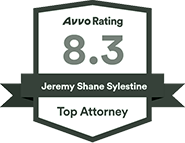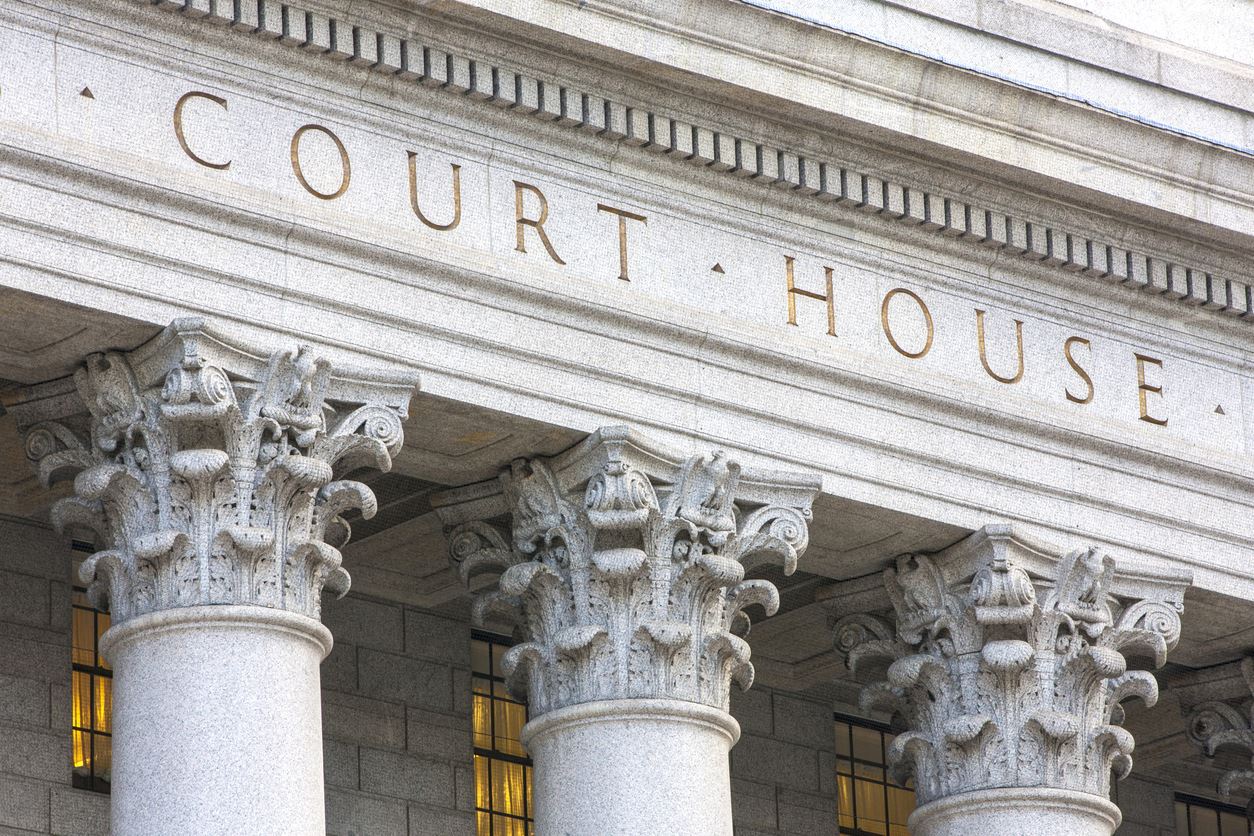Austin Community Supervision Violations Lawyers
Contact Cofer & Connelly, PLLC if You Were Arrested for Violating Community Supervision
Under certain circumstances, community supervision can play a crucial role in the state's criminal justice system, offering alternatives to traditional sentencing like imprisonment.
If you or someone you know is facing accusations of violating the terms of a community supervision sentence, it's essential to have experienced legal representation. At Cofer & Connelly, PLLC, our experienced criminal defense lawyers understand the complexities of community supervision cases in Texas and are prepared to advocate on your behalf, ensuring that your rights remain protected and striving for a favorable outcome to your unique circumstances.
Contact Cofer & Connelly, PLLC at (512) 991-0576 or reach out online for a consultation if you need legal representation regarding an issue with community supervision.
What Is Community Supervision?
Community supervision is an alternative sentencing to jail or prison. Instead of being incarcerated, those sentenced to community supervision serve their time in the community – sometimes this is referred to as adult probation.
Community supervision encompasses a range of programs and sanctions imposed by the court, aimed at rehabilitating defendants while they remain in the community under certain conditions, such as residential confinement or scheduled meetings with their CSO. These conditions are imposed for a set period during which either criminal proceedings are deferred or a sentence of imprisonment is set aside in favor of probation.
Violation of Community Supervision Conditions
Texas law outlines the state’s procedures for handling violations of community supervision conditions. Typically, if a violation occurs, a judge may issue an arrest warrant for the individual whose community supervision conditions are being scrutinized. Within 48 hours of an arrest, the defendant must be presented before the judge or a magistrate who is responsible for determining the alleged violation and authorizing the defendant's release on bail. The judge, after a non-jury hearing, may decide to continue, extend, modify, or revoke the community supervision terms of the individual.
Continuation or Modification of Community Supervision After a Violation
When a defendant who is subject to the terms of a community supervision sentence violates one or more of their supervision, the judge assigned to their case has the discretion to either continue or modify the community supervision terms. This decision is based on the judge's assessment of how serious the violation was, whether there were any extenuating circumstances that should be taken into account, whether this is the defendant’s first infraction, etc.
There are four primary ways that a judge may choose to modify the terms of an individual’s community supervision:
- Community Service Requirement: A judge can mandate that the defendant must perform community service for hours as either a new requirement or an increase in previously mandated hours. An increase in hours is subject to specific limits under state law.
- Extension Of Community Supervision Period: The judge can extend the period of community supervision that the individual must be subject to before they will be freed from the terms of their arrangement.
- Increase In Fine: An increase in fines may be imposed. However, the total fine, original and increased combined, should not exceed the maximum fine applicable for the offense for which the defendant was sentenced.
- Placement In Substance Abuse Program: If the defendant is convicted of certain felonies, and if drug or alcohol abuse significantly contributed to the offense and/or the violation of the supervision condition, the judge can place the defendant in a substance abuse treatment program. Upon successful completion of the program, the defendant will be required to participate in a continuum of care treatment plan for drug and/or alcohol abuse.
Extension of Community Supervision After a Violation
Texas state law allows a judge to prolong community supervision terms if they have good cause to do so. This extension can be applied as often as the judge deems necessary, to a point. For a first, second, or third-degree felony case, the total period of community supervision generally cannot exceed ten years.
In the case of misdemeanors, barring exceptions, the community supervision cannot surpass three years. A judge has the authority to extend this period up to an additional two years, making a total potential supervision period of five years for misdemeanors. This extension is contingent upon two main conditions:
- The defendant has failed to satisfy a cost, fine, or restitution.
- The judge believes that prolonging the supervision will increase the likelihood of the defendant fully paying the fine, cost, or restitution.
Revocation of Community Supervision
There are times when the terms of a defendant’s community supervision arrangement may be revoked outright. A judge may choose to proceed with disposing of the case as though no community supervision had ever been granted. This essentially involves resetting the defendant’s case to the point before community supervision was assigned, allowing the court to reassess the case anew.
Ultimately, the judge in a particular case may opt to reduce the term of confinement that was originally cited as the punishment for a revocation of community supervision terms if it is deemed in the best interests of both society and the defendant. There is judicial discretion in sentencing situations like these, allowing for a more tailored approach to individual cases. This is one of the reasons why it is so important to speak with a criminal defense attorney as soon as a community supervision violation occurs. If the situation is handled in informed ways, the consequences may not be as severe as they otherwise would.
Credit For Time Served
Texas law allows for the crediting of time served by the defendant in certain conditions. Specifically, time spent in a substance abuse felony punishment facility or other court-ordered residential program can be credited, but only if the defendant successfully completes the treatment program in that facility.

Our Impact
-
103 Years of Experience
-
32,000 Cases
-
357 Trials

Our team of criminal defense lawyers in Austin are backed by more than 100 years of combined experience as felony prosecutors, judges, and defense attorneys.
































